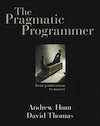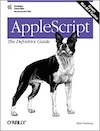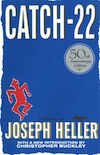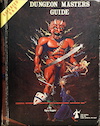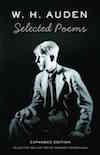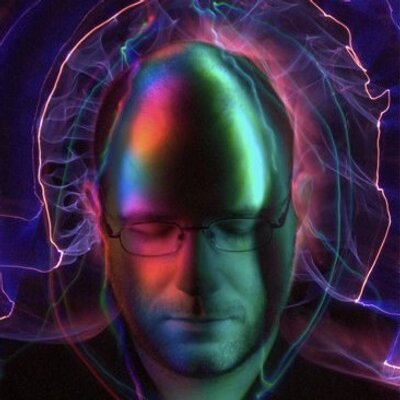
Who are you, and what do you do?
I'm a computer programmer and good-for-nothing layabout. I'm better known for the former, although I do mix my interests together when possible. I've released a fair bit of free software, mostly written in Perl 5. The focus of my free software efforts have sort of wandered down the garden path from email to the CPAN toolchain and finally to perl itself. I've been the project manager (aka "pumpking") since 2011. That means I'm spending a lot less time writing actual software and a lot more time imagining what it would be like to write software with various proposed changes to Perl in place. When I'm not writing software (real or imagined), I get distracted by lots of different hobbies that I'm not very good at, most of which fall under the big banner of "games." I'm especially fond of abstract strategy games and tabletop role-playing games like Dungeons & Dragons.
What books have influenced you the most?
Professionally, it might be The Pragmatic Programmer. It was published around the time that I was becoming a professional programmer. Prior to that I'd only written little one-off horrible disasters to scratch personal itches. It seemed to me at the time that I had begun to form some ideas on what was necessary to be a professional, and The Pragmatic Programmer made all my vague ideas immediately clear to me. I can't speak to its overall greatness, but for me, it was definitely the right book at the time.
A programming book whose influence on me was really surprising was AppleScript: The Definitive Guide. I picked it up because I wanted to re-learn enough AppleScript to automate some iTunes playlist-generation, and was blown away by this 600 page codex! AppleScript is a terrible language, and everybody knows it. The book doesn't heap disdain on AppleScript, but also doesn't act like it's wonderful, either. It teaches you the language, pointing out the dangerous bits and the fascinating ones, and at no point did I feel like I was being sold a bill of goods. It served as support, to me, that correct teaching was much more interesting, in every way, than "language advocacy."
The 1979 Dungeon Master's Guide taught me that there can be great joy in taking something frivolous seriously.
Heinlein's Stranger in a Strange Land taught me that sometimes you should indulge the urge to pitch a book into the trash can.
I also wish I could nail down one book that made me really enjoy reading poetry, because then I'd recommend it to everybody. It makes me sad that it seems like nobody reads poetry. (I want to add "anymore," but I'm guessing that nobody ever read it, and it's just a myth that people did.) I'm going to lie, though, and say that it was a copy of the Vintage selected works of W.H. Auden that I bought in my senior year of high school. It really drove home that poetry could be modern and relevant while still seeming like the thing you learned, in your childhood, that poetry is.
What book would you like to write?
I'd like to figure out all the house rules I want to run Dungeons and Dragons just the way I like it, and then make a little 64 page book out of that. Sure, we already have a hundred such books, but this one would be mine.
Beyond the vanity D&D press: I used to think a lot about writing a book, generally on whatever tool I was trying to learn, if it didn't have a good enough book. Of course, I never wrote any, and eventually other people did, and even if I didn't like the book, it was a great excuse to not bother. I think I've come to grips with the fact that I am not likely to write a technical book any time soon.
If I did, though, these days I think I'd like to write a workbook for exercises implementing (badly) all the stuff you'll never do in your day job: a compiler, a virtual machine, a compression algorithm. This stuff is fun to play around with, and if the goal is just "have fun," you can do a really terrible job and still achieve the goal. You'll also end up learning a lot about programming!
